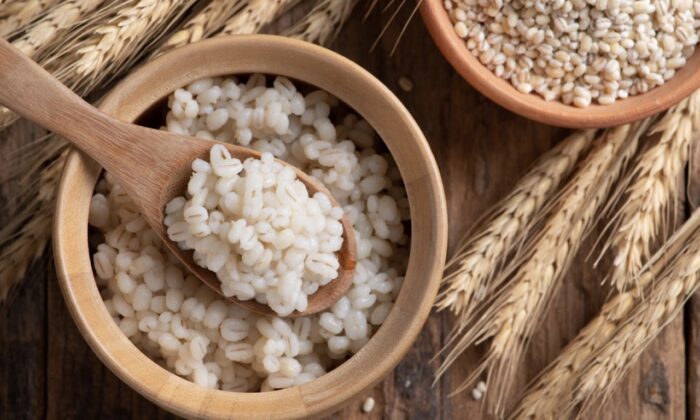Beta glucans, found in sources like oats and barley, have numerous health benefits and show potential as a supportive treatment in cancer therapy. Studies have shown that beta glucans act as powerful antioxidants, repairing DNA damage and protecting against cardiotoxicity induced by chemotherapy drugs. These compounds also exhibit immune-modulating properties, enhancing the body’s ability to fight off infections and diseases. As a recognized adjuvant therapy in cancer treatment, beta glucans have been shown to activate immune cells and target cancer cells indirectly through immune system activation. Research suggests that beta glucans, when used in conjunction with chemotherapy, can improve outcomes for patients with various types of cancer. Lentinan, a beta-glucan, has been utilized in patients with gastric cancer, HIV patients, and to boost immune function in patients post-cardiopulmonary bypass. A study involving 2,729 patients revealed that lentinan treatment outperformed chemotherapy alone, enhancing treatment effectiveness, quality of life, and reducing gastrointestinal reactions without any severe adverse effects.
In a multicenter study published in Hepatogastroenterology in 2009, beta glucans, specifically lentinan, were found to extend survival rates in patients with liver cancer. Thirty-six participants consumed lentinan in supplementary food for short or extended periods, resulting in improved survival rates over time.
Another study published in the Journal of Alternative and Complementary Medicine showed that beta glucans from shiitake mushrooms inhibited human colon carcinoma in mice, demonstrating anti-tumor effects when administered orally.
A clinical trial published in The International Journal of Clinical and Experimental Medical Sciences in 2016 revealed that short-term beta glucan supplementation increased natural killer cells in cancer patients recovering from treatments, which play a crucial role in fighting cancer.
Beta glucans can be found in oats, barley, wheat, rye, sorghum, rice, yeasts, mushrooms, seaweeds, and algae. Supplementing with beta glucans between 100–500 mg daily is recommended to enhance immune function, with higher doses potentially needed for optimal benefits. Consult with a healthcare provider before adding beta glucan supplements to your regimen, especially if undergoing cancer treatment or taking medications, to ensure safety and monitoring for any potential interactions.
While generally safe and well-tolerated, beta glucans may cause gastrointestinal issues like stomach upset, bloating, and diarrhea. Start with a lower dose, gradually increase, and monitor your body’s response. Always seek advice from your physician if you are on medications before incorporating beta glucans into your routine.
Source link





